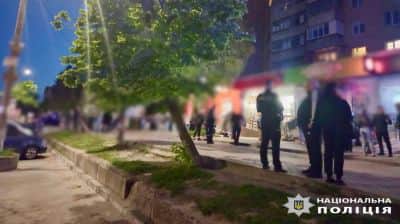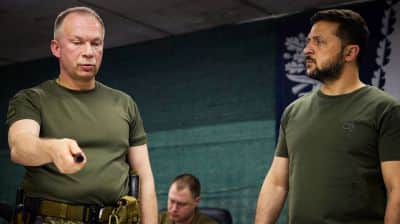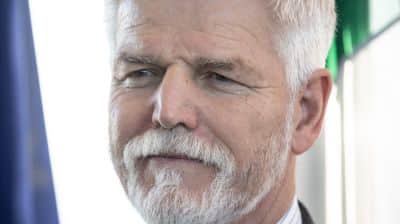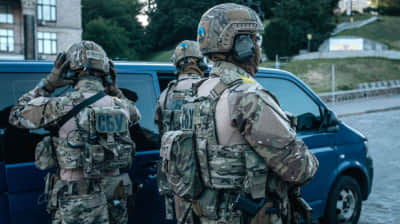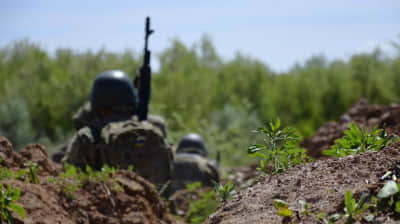Kremlin doubles its support for Iran – ISW
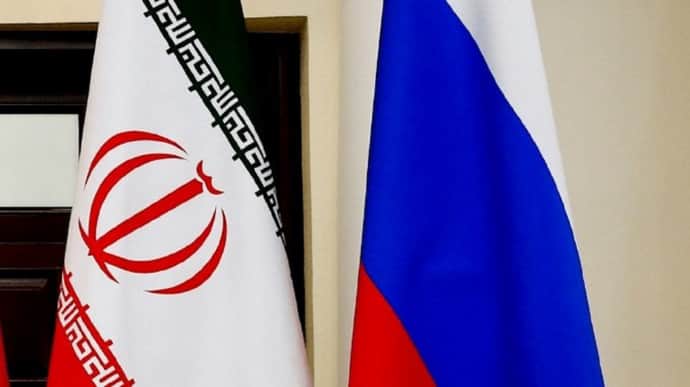
The Institute for the Study of War (ISW) has analysed Russia's statements in support of Iran after the US strikes on pro-Iranian militants.
Source: ISW
Details: The ISW indicated that the Kremlin is doubling down on its support for Iran as the United States is launching strikes to prevent Iranian-backed militants in Iraq, Syria and Yemen from attacking the US and other targets.
The Russian Foreign Ministry condemned the US retaliatory strikes against Iranian-backed militias in Iraq, Syria and Yemen launched on 3 February.
Maria Zakharova, spokesperson for the Russian Foreign Ministry, condemned the strikes as an alleged "blatant act of American-British aggression" and claimed that they demonstrated the "US policy’s aggressive nature" and "complete disregard for international law".
Quote: "Zakharova claimed that the US airstrikes are ‘specifically designed’ to further inflame the conflict in the Middle East."
Details: In addition, she criticised the UK for its participation in the airstrike and claimed that the UK "has yet to answer" for its "zeal" in supporting the US provocative policy.
Russia has demanded a meeting of the United Nations Security Council in response to the US strikes, scheduled for 5 February.
Analysts noted that Russia often uses its invocation of international law to undermine legitimate US activities in the Middle East.
To quote the ISW’s Key Takeaways on 3 February:
- The Kremlin is doubling down on its support for Iran as the US conducts strikes to preempt attacks by Iranian-back proxies in Iraq, Syria, and Yemen against American and other targets.
- The Kremlin censored a protest by wives of mobilised soldiers in Moscow on 3 February likely to suppress any possible resurgence of a broader social movement in support of Russian soldiers and against the regime.
- Soviet leadership experienced first-hand the influence that social movements of relatives of Russian soldiers wielded in the late 1980s and early 1990s, and the Kremlin likely aims to preemptively censor and discredit similar movements before they can garner similar influence.
- Putin may have learned from the Soviet Union’s prior failure to completely censor soldiers’ relatives and changed tactics, instead using limited censorship and discreditation to keep these movements from building momentum.
- Russian milbloggers continued to fixate on a recent unsuccessful Russian mechanised assault near Novomykhailivka, Donetsk Oblast and highlight divisions it caused within the Russian information space, which are indicative of wider issues with the Russian military’s ability to adapt in Ukraine.
- Ukrainian actors conducted a drone strike against the Lukoil oil refinery in Volgograd Oblast on 3 February.
- Ukrainian strikes reportedly temporarily slowed Russia’s production of Lancet loitering munitions.
- Russian state media confirmed the appointment of two new officials to senior positions in military-adjacent civilian organisations.
- Ukrainian forces made confirmed advances near Bakhmut amid continued positional engagements along the frontline.
- Russian soldiers imprisoned for refusing to fight in Ukraine are reportedly dying in Russian detention.
- Russian authorities continue efforts to militarise Ukrainian youth through the school system.
Support UP or become our patron!


